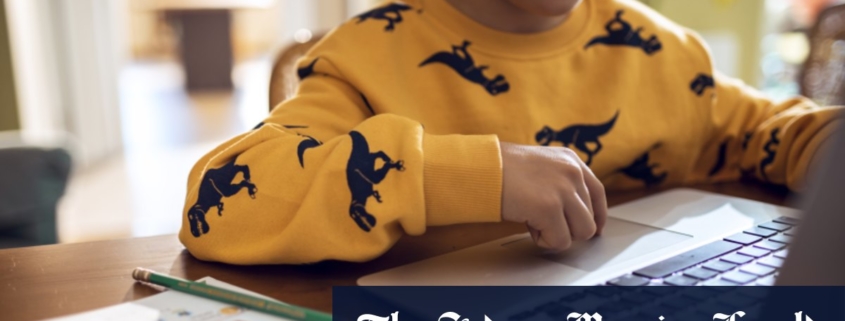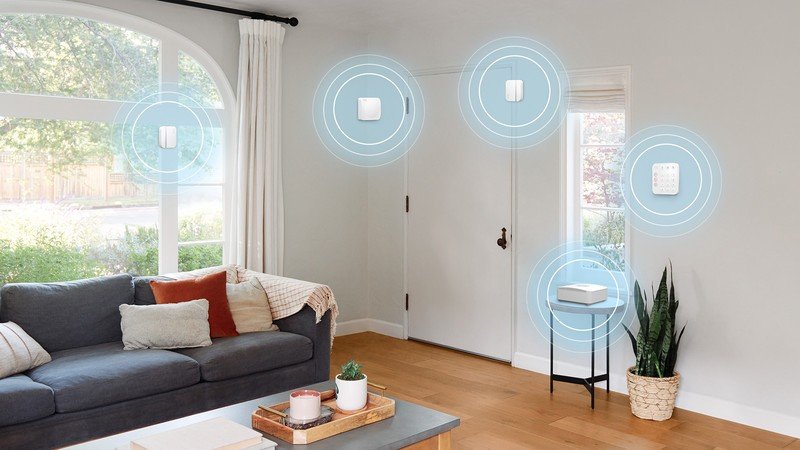Unknown, uninvited strangers joining online classrooms
He said “robust and comprehensive steps” should be taken to protect children’s personal information.
Susan McLean, a leading cyber-safety expert with decades of experience, said teachers and students needed to be better trained in the respectful and responsible use of technology, including security settings as well as clear expectations for conduct.
“We don’t give someone the keys to the car and go, ‘here, hop in, off you go’, and hope for the best,” Ms McLean said. “Sadly, that is what I’m seeing in a lot of schools”.
When things went wrong, such as strangers joining online classrooms, she said, the department and schools should “respond promptly, proactively and honestly”, including alerting their community that a breach had occurred.
Ms McLean also flagged concerns around teachers taking screenshots of online classrooms with “50 little faces up on the screen” and sharing these images on social media.
Samantha Floreani, the program lead at Digital Rights Watch, said strangers accessing virtual learning environments was not the only threat to the privacy, security and safety of children and young people.
“Requiring students to sign up to third-party applications and provide their personal information, all which have varying collection, use and disclosure practices, can create security and privacy risks if those services do not meet adequate standards,” she said.
Ms Floreani echoed calls for teachers to be supported and trained in effectively using settings to “increase the security of online learning environments”.
Vanessa Teague, an expert in cyber security and privacy, said risks should be addressed with better password protection, using services with end-to-end encryption, and by making privacy education part of the curriculum.
“Children should be taught that the internet is a public place, and that they should never share any sensitive information online,” she said.
Loading
However, children were often pressured in the opposite direction, Dr Teague said, “by normalising surveillance and making them feel that they’re not participating in their class if they’re not showing a video of their bedroom”.
“It’s up to all of us adults to…


